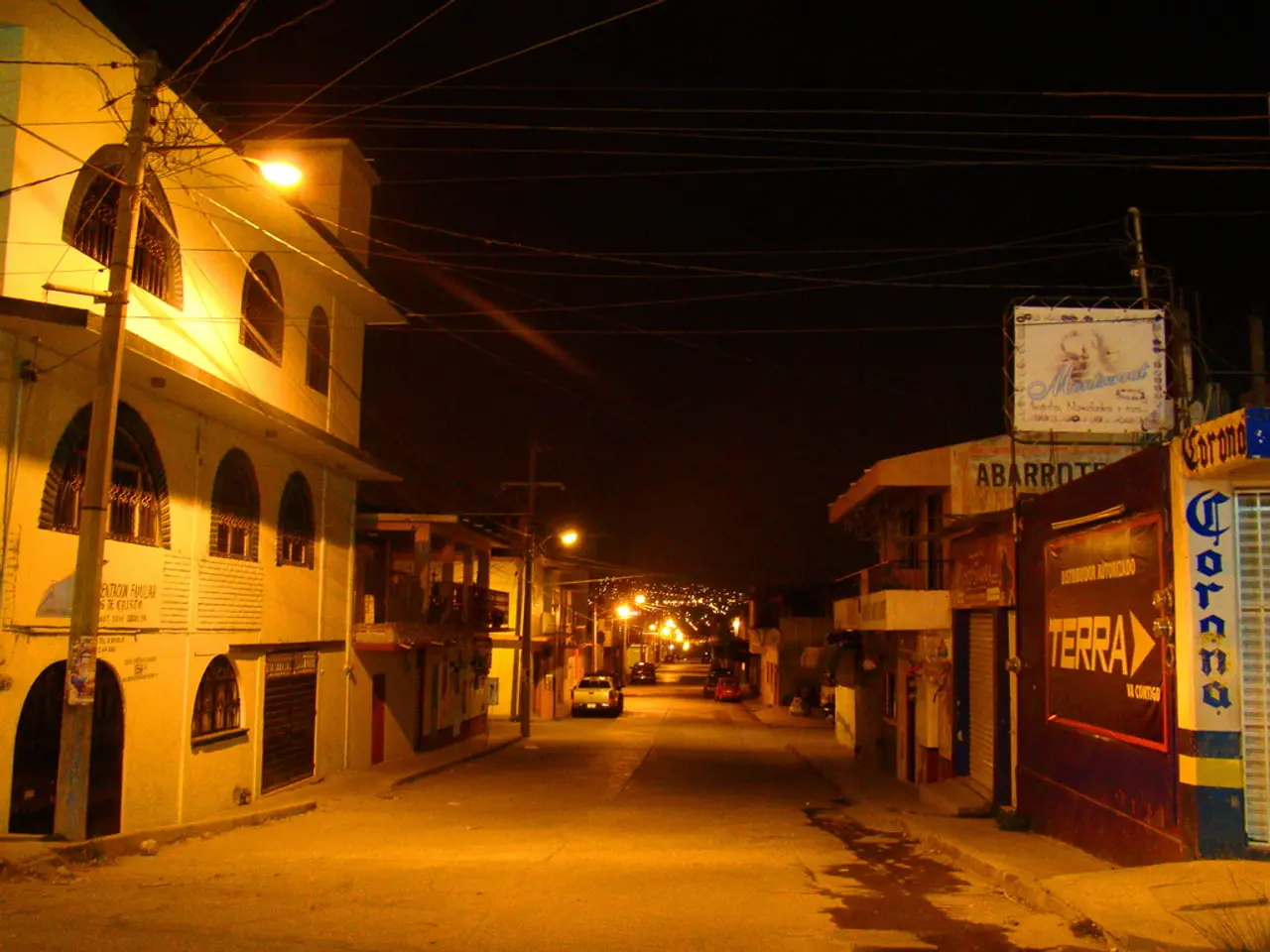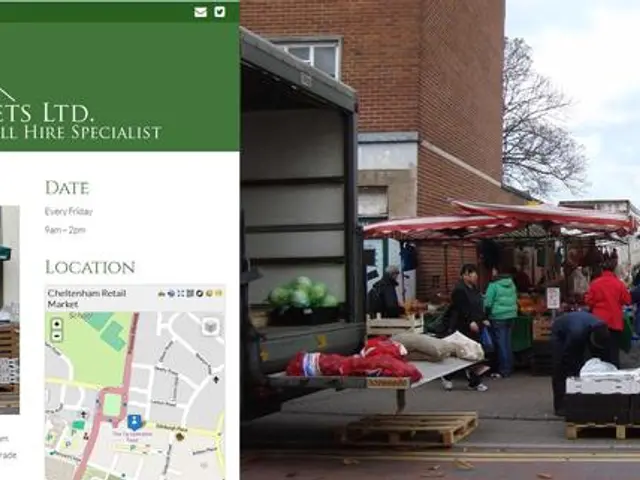Proposed Legislation for Devolving Authority to Local Governments, Titled "MaPrimeRenov"
In an effort to curb fraud and encourage more ambitious home energy renovation projects, a cross-party bill is set to be introduced in France. The proposal, drafted by LR deputy Sébastien Martin, aims to provide a single, local point of contact for MaPrimeRenov' services, and will be managed by local authorities rather than the state.
The bill, which is set to be deposited soon, is designed to decentralize the MaPrimeRenov' scheme, a state aid for home energy renovation. This decentralization will see local authorities having more direct control over application processing and project validation, which could potentially reduce fraudulent claims by enhancing oversight and verification. Local agents, being more familiar with regional contexts, are better equipped to detect inconsistencies or suspicious activities.
Anne Terlez, the MoDem vice-president of the Seine-Eure agglomeration and vice-president of the Eure departmental council, stated that the bill will ensure both ambitious renovations and effective fraud prevention. The single point of contact for MaPrimeRenov' services will be at the level of communities of communes, agglomerations, or metropolises, and will be in partnership with departments.
The decentralization of the MaPrimeRenov' scheme could also lead to more ambitious renovation projects. With local governments better positioned to tailor renovation incentives and support to their specific housing stock and community needs, it is expected that more ambitious renovation projects aligned with local priorities will be undertaken, potentially improving energy efficiency and environmental outcomes beyond uniform nationwide standards.
The bill also aims to transfer the MaPrimeRenov' budget from the state to local authorities, based on the amount spent locally over the past three years. This move is expected to sustain or even enhance the scale and reach of the scheme, as it allows for wider local engagement and streamlined procedures.
It is worth noting that in 2024, MaPrimeRenov' financed renovations in over 340,000 homes across France. Estimates suggest that fraud in the MaPrimeRenov' scheme represents approximately 50 million euros per year.
The bill comes as a response to concerns about fraud in the MaPrimeRenov' scheme, which was temporarily suspended from June 23 to mid-September to clarify submitted dossiers. The suspension highlighted the need for improved fraud prevention measures, which the decentralization of the scheme is expected to address.
Information about the bill proposal comes from France Inter and Intercommunalités de France, an association representing 80% of local authorities. The goal of the bill is to have a single, accessible, local point of contact for MaPrimeRenov' services, making it easier for homeowners to access the scheme and benefit from energy-efficient renovations.
Anne Terlez also pointed out that it is challenging to check the state of a house before, during, and after work when the MaPrimeRenov' scheme is managed in Paris. The decentralization aims to address this issue by allowing local authorities to better monitor the progress of renovation projects and ensure that they are carried out in accordance with the scheme's guidelines.
In conclusion, the decentralization of the MaPrimeRenov' scheme in France promises to bring improvements in both fraud control and the scope of renovations undertaken by local authorities. The single, local point of contact for MaPrimeRenov' services is expected to make it easier for homeowners to access the scheme, while the decentralization will allow for more ambitious renovation projects aligned with local priorities.
The decentralization of the MaPrimeRenov' scheme could lead to improvements in fraud control, as local authorities, being more familiar with regional contexts, are better equipped to detect inconsistencies or suspicious activities, potentially reducing fraudulent claims.
With the bill set to transfer the MaPrimeRenov' budget from the state to local authorities, the finance industry can expect a more proactive role for local governments in managing the energy sector, including the encouragement of ambitious renovation projects in the French housing industry.




